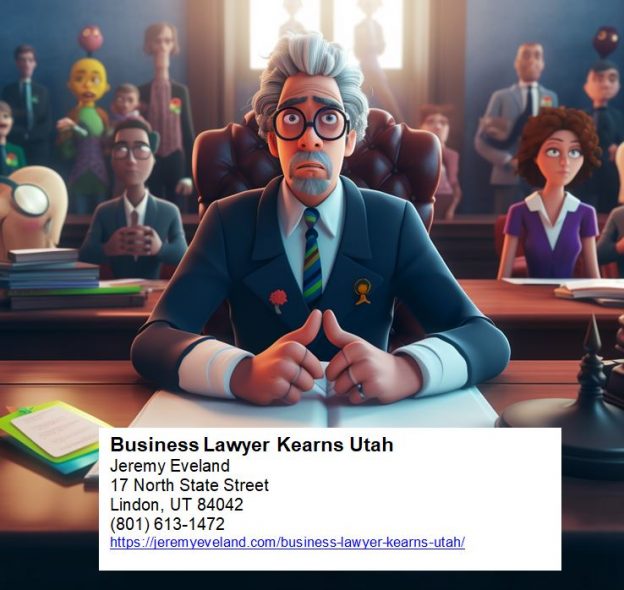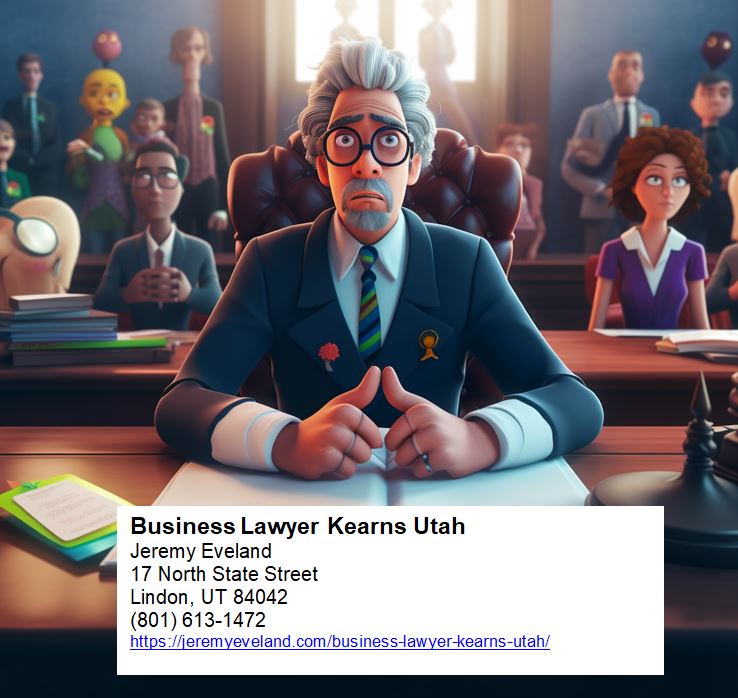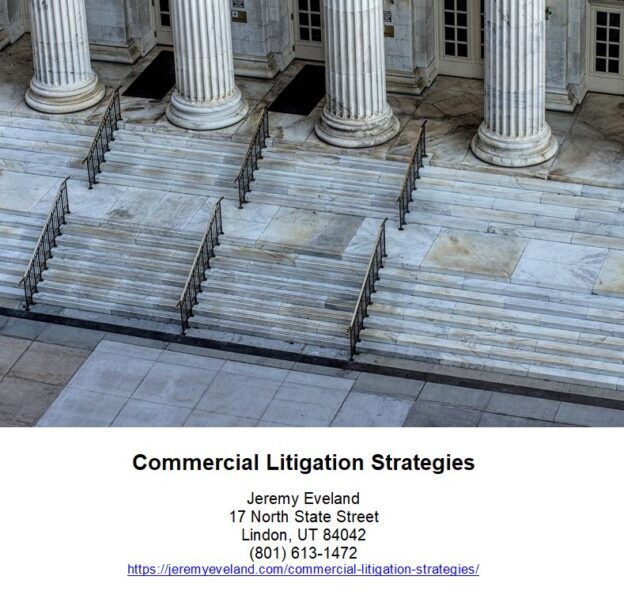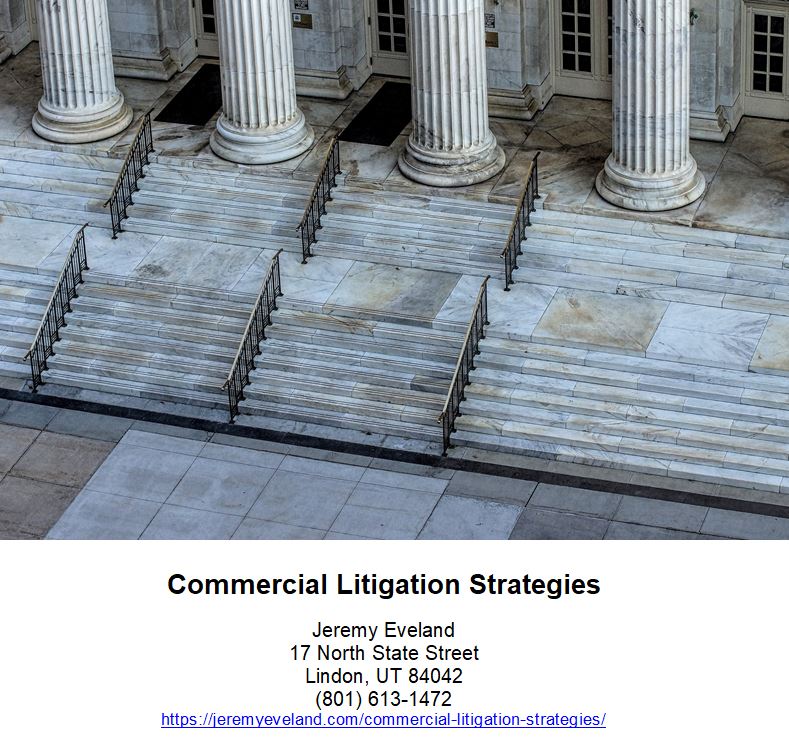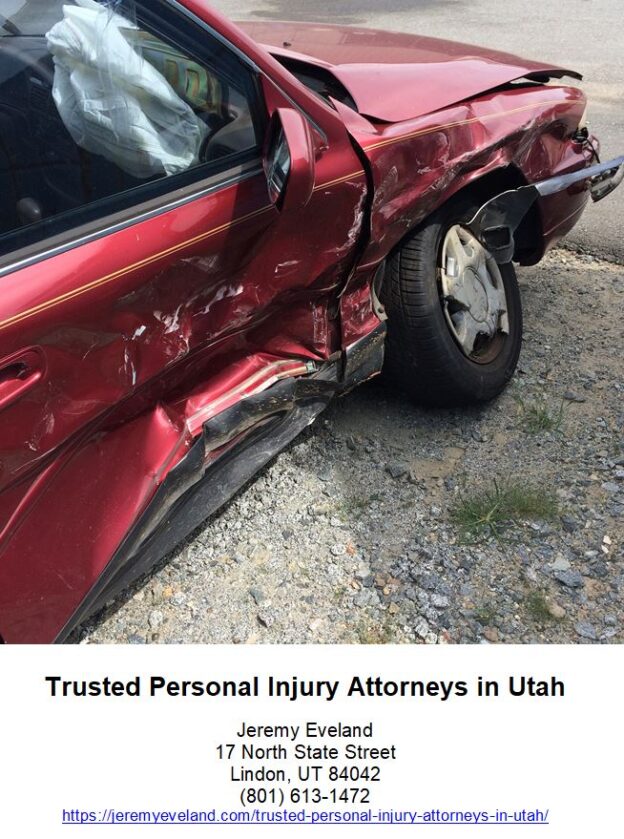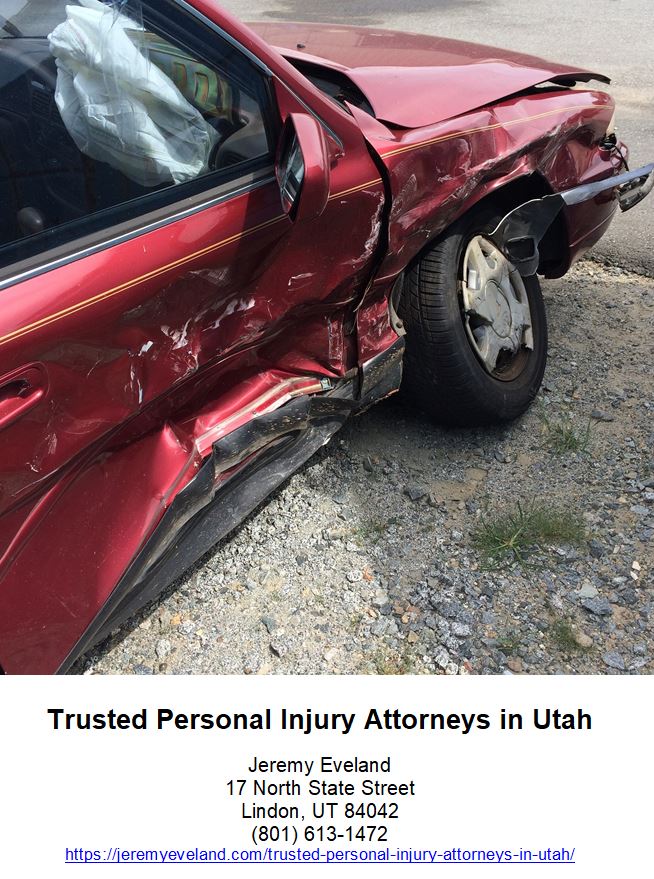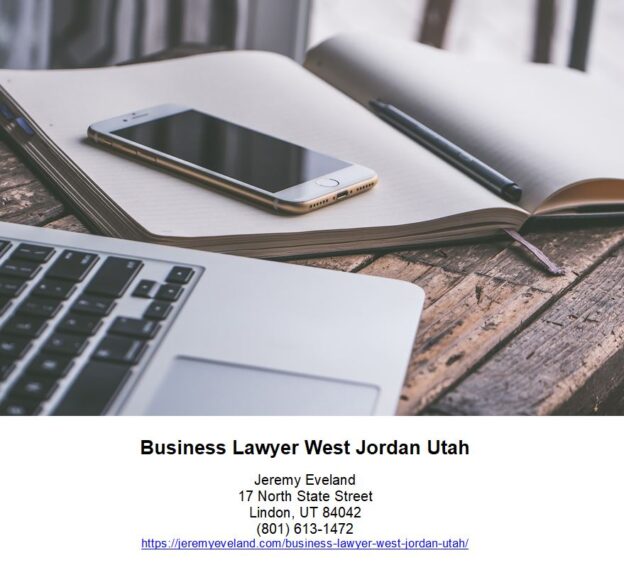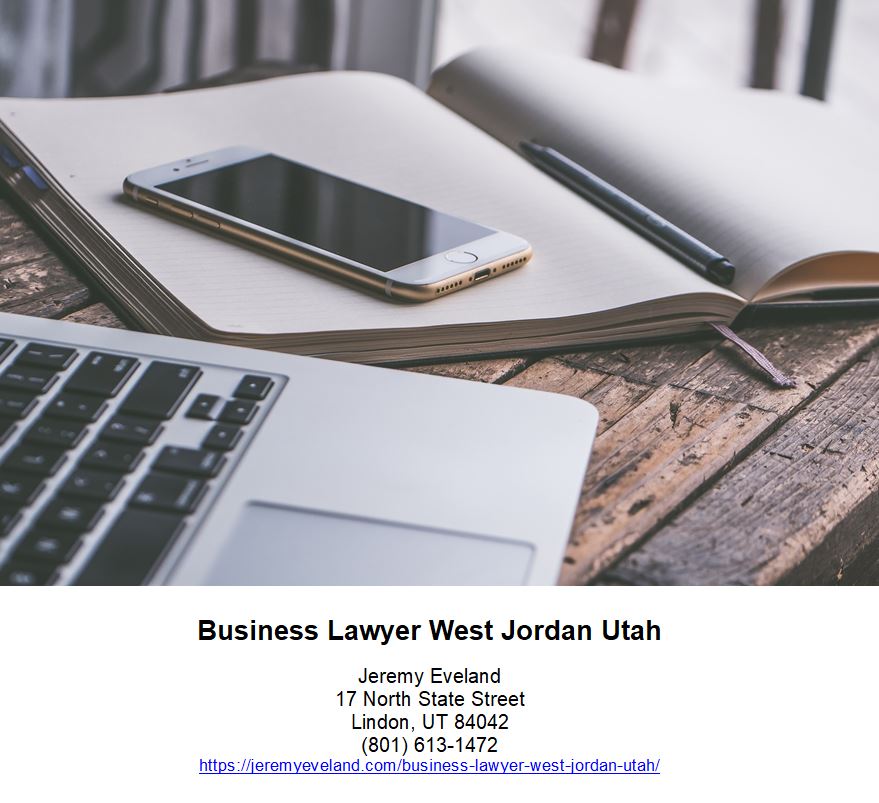Have you ever wondered how much money a lawyer can make from a car accident lawsuit? Well, look no further! In this article, we will explore the earning potential of a lawyer in this specific legal area. Whether you’ve been involved in a car accident or just curious about the financial side of such cases, we’ve got you covered. So, grab a cup of coffee and get ready to uncover the secrets behind the compensation a lawyer can receive for handling a car accident suit.
Factors Determining Lawyer’s Fees in a Car Accident Suit
When it comes to hiring a lawyer for a car accident suit, there are several factors that come into play when determining their fees. Understanding these factors can help you choose the right lawyer for your case and have clarity on the costs involved. Here are the key factors that determine a lawyer’s fees in a car accident suit:
Experience and Reputation of the Lawyer
One of the primary factors that determine a lawyer’s fees is their experience and reputation in handling car accident cases. Lawyers who have been practicing for many years and have a strong track record of successful outcomes for their clients may charge higher fees due to their expertise. Their experience can greatly influence the strategies they employ in your case, potentially leading to a more favorable outcome for you.
Complexity of the Case
The complexity of your car accident case is another crucial factor that affects the lawyer’s fees. Cases that involve multiple parties, significant injuries, or disputed liability can be more challenging and time-consuming to handle. As a result, lawyers may charge higher fees for the additional work involved in investigating the accident, gathering evidence, negotiating with insurance companies, and representing you in court if necessary.
Type of Fee Arrangement
Different lawyers may have different fee arrangements for car accident cases. The most common types of fee arrangements include contingency fees, hourly rates, and flat fees. The fee arrangement you agree upon with your lawyer can greatly impact the total cost of your case.
Time and Effort Invested
The time and effort invested by your lawyer in handling your car accident case also play a significant role in determining their fees. Lawyers spend hours researching and preparing legal arguments, communicating with insurance companies, negotiating settlements, and representing you in court. The more time and effort your case requires, the higher the fees are likely to be.
Location of the Case
The location where your car accident case is being litigated can also influence the lawyer’s fees. Different geographical regions may have varying standards and cost of living, which can impact the rates charged by lawyers. For example, lawyers practicing in urban areas with higher living costs may charge higher fees compared to those in smaller towns or rural areas.
Additional Expenses
Apart from their fees, there are additional expenses associated with car accident lawsuits that you need to consider. These expenses can include court filing fees, expert witness fees, investigation costs, medical record retrieval fees, and deposition and trial expenses. It’s essential to discuss these potential expenses with your lawyer to have a clear understanding of the overall cost of your case.
Now that we have explored the factors that determine a lawyer’s fees in a car accident suit, let’s delve deeper into the various fee arrangements commonly used in these cases.
Types of Fee Arrangements in Car Accident Lawsuits
When hiring a lawyer for a car accident lawsuit, understanding the different fee arrangements available is crucial. Depending on your case and your preferences, you can choose from the following fee arrangements:
Contingency Fee
A contingency fee arrangement is one where the lawyer’s fees are contingent upon winning the case or securing a settlement. Instead of paying an upfront retainer, you agree to pay your lawyer a percentage of the settlement or award you receive. This fee arrangement is beneficial for those who cannot afford to pay the lawyer’s fees out of pocket or are uncertain about the outcome of their case.
Hourly Rate
In an hourly rate fee arrangement, you will be billed for the actual time spent by your lawyer working on your case. The lawyer will typically keep track of the hours spent and charge you accordingly. This fee arrangement is commonly used for cases where the outcome is less uncertain or where clients prefer to have more control over the overall legal costs.
Flat Fee
A flat fee arrangement involves paying a predetermined amount for the lawyer’s services, regardless of the outcome of the case. This fee arrangement is often used for straightforward car accident cases where the lawyer can accurately predict the amount of work required. It provides the advantage of knowing the total cost upfront and avoiding any surprises in terms of legal fees.
Each fee arrangement has its advantages and considerations, so it’s important to discuss them with your lawyer and choose the one that aligns best with your circumstances and needs.

Average Contingency Fees in Car Accident Lawsuits
Contingency fees are a popular fee arrangement for car accident lawsuits, and understanding the average percentages can help you gauge what to expect. While the specific percentage can vary depending on several factors, there is a standard range that most lawyers follow.
Standard Percentage
In car accident lawsuits, the standard contingency fee percentage usually ranges from 33% to 40% of the total settlement or award. This means that if your lawyer secures a settlement of $100,000, their fees would amount to $33,000 to $40,000. However, it’s essential to note that this is just a standard range, and individual agreements may differ based on specific circumstances and negotiations.
Factors Affecting the Contingency Fee
Several factors can influence the contingency fee percentage charged by a lawyer. These factors include the complexity of the case, the likelihood of success, the anticipated duration of the litigation, and the potential value of the settlement or award. Lawyers may factor in these elements when determining the appropriate percentage to charge.
Negotiating a Contingency Fee
It’s worth noting that contingency fees are often negotiable. While the standard range provides a benchmark, you can discuss the fee percentage with your lawyer and potentially negotiate for a lower or higher rate based on the unique aspects of your case. Open communication with your lawyer will help you reach a mutually beneficial agreement.
Now that we have covered the topic of contingency fees, let’s explore hourly rates and how they work in car accident lawsuits.
Understanding Hourly Rates for Car Accident Lawsuits
Hourly rates are another common fee arrangement for car accident lawsuits. Lawyers charge an hourly rate for the time they spend working on your case. Understanding how hourly rates are determined and the factors that can affect them is essential for managing your legal costs effectively.
Determining the Hourly Fee
The hourly fee charged by a lawyer is typically based on their experience, expertise, and the prevailing market rates in the legal industry. Established lawyers with significant experience and a successful track record may command higher hourly rates compared to junior associates or those with less experience. The complexity of your case and the level of effort required can also influence the hourly fee.
Factors Affecting the Hourly Rate
Several factors can affect the hourly rate charged by a lawyer. These factors include their level of experience, reputation, geographic location, and the type of legal services being provided. Lawyers with specialized knowledge or those practicing in high-demand areas such as major cities may charge higher hourly rates. Additionally, the lawyer’s overhead costs, including staff salaries and office expenses, can impact the hourly rate.
Calculating Total Fees
To calculate the total fees using an hourly rate, you need to multiply the lawyer’s hourly fee by the total number of hours they spent on your case. It’s important to keep in mind that fees can quickly add up, especially in complex cases or cases that require extensive research, evidence gathering, and court appearances. Regular communication with your lawyer and periodic cost updates can help you stay informed about the ongoing fees.
Now that we have discussed hourly rates, let’s explore the third fee arrangement commonly used in car accident lawsuits – the flat fee structure.
Flat Fee Structure in Car Accident Lawsuits
A flat fee structure offers a predetermined amount for the lawyer’s services, regardless of the outcome of the case. While not as common in car accident lawsuits as contingency fees or hourly rates, it is still worth considering for certain types of cases.
When Flat Fee is Preferred
Flat fee structures are often preferred for simple and straightforward car accident cases. If your case does not involve complex legal issues, multiple parties, or a prolonged litigation process, a flat fee structure can provide transparency and predictability in terms of costs. This fee arrangement works best when the lawyer can accurately estimate the amount of work required and offer a fair flat fee accordingly.
Advantages and Disadvantages of Flat Fee
One advantage of a flat fee structure is that you know the total cost of your legal representation from the start. There are no surprises or additional fees if the case takes longer than expected. Additionally, it can provide peace of mind, especially for individuals on a budget or those who prefer to have a fixed legal expense. However, it’s important to note that a flat fee may not be suitable for more complex car accident cases, where the work involved is less predictable.
Negotiating a Flat Fee
As with other fee arrangements, flat fees are often negotiable. If you feel that the initial flat fee proposed by your lawyer is too high or not in line with your expectations, you can discuss it with them and attempt to negotiate a more favorable fee. Effective communication and transparency about the scope of the case can help both parties reach an agreement that works for everyone involved.
Now that we understand the various fee arrangements, it’s essential to consider the additional expenses that can arise during a car accident lawsuit.
Additional Expenses in Car Accident Lawsuits
In addition to the lawyer’s fees, there are several additional expenses that can arise when pursuing a car accident lawsuit. These expenses are separate from the lawyer’s fees and typically depend on the specific circumstances of the case. It’s important to be aware of these potential expenses to ensure you have a realistic understanding of the overall costs involved. Here are some common additional expenses in car accident lawsuits:
Court Filing Fees
When initiating a lawsuit, there are fees associated with filing the necessary paperwork with the court. These filing fees can vary depending on the jurisdiction and the specific court where the case is being heard.
Expert Witness Fees
In some car accident cases, expert witnesses may be required to provide specialized knowledge or opinions related to the accident, injuries, or liability. Expert witness fees can vary greatly depending on the level of expertise required and the time involved in preparing for and testifying at trial.
Investigation Costs
To strengthen your case, your lawyer may need to conduct investigations, gather evidence, and enlist the help of investigators or accident reconstruction experts. These investigation costs can include expenses for obtaining police reports, surveillance footage, medical records, or other relevant documents.
Medical Record Retrieval Fees
Obtaining medical records related to your injuries can be crucial in building a strong case. However, there may be fees associated with obtaining copies of these records from healthcare providers or hospitals. It’s important to discuss these potential fees with your lawyer to ensure they are included in your overall cost estimate.
Deposition and Trial Expenses
If your car accident case proceeds to trial, there may be expenses associated with conducting depositions, including court reporter fees and fees for expert witnesses or consultants. Additionally, trial expenses, such as exhibit preparation, court fees, and travel expenses, can further contribute to the overall costs of your case.
It’s crucial to have a candid conversation with your lawyer about these potential additional expenses to gain a realistic understanding of the total costs involved in your car accident lawsuit.
Now that we have covered the various factors and fee arrangements, let’s dive into an example of calculating a contingency fee percentage.

Contingency Fee Percentage Example
To illustrate how contingency fees are calculated in car accident lawsuits, let’s consider a hypothetical scenario:
Sample Calculation
Suppose you have reached a settlement of $100,000 for your car accident case. You have agreed upon a contingency fee of 33% with your lawyer. To calculate the lawyer’s fee, you can multiply the settlement amount by the contingency fee percentage:
$100,000 (settlement amount) x 33% (contingency fee percentage) = $33,000 (contingency fee)
In this example, the lawyer’s fee would amount to $33,000, leaving you with a net settlement of $67,000.
It’s important to note that this is just a simplified example, and actual percentages and settlement amounts may vary based on the specific circumstances of your case and the fee agreement reached with your lawyer.
Now that we have covered the various aspects of lawyer fees and fee arrangements in car accident lawsuits, let’s move on to exploring some important questions to ask when hiring a car accident lawyer.
Questions to Ask When Hiring a Car Accident Lawyer
Hiring the right car accident lawyer is crucial for the success of your case. To ensure you make an informed decision, here are some important questions to ask potential lawyers before making your selection:
What fee arrangement do you work on?
Understanding the fee arrangement used by the lawyer is essential for managing your expectations and budget. This question will help you determine whether their fee structure aligns with your preferences and financial situation.
How much experience do you have with car accident lawsuits?
Inquiring about the lawyer’s experience in handling car accident cases will give you insight into their expertise and track record. Experienced lawyers are more likely to have encountered a variety of scenarios and can offer valuable guidance throughout the process.
What additional expenses should I expect?
Getting clarity on the potential additional expenses that may arise during your car accident lawsuit is crucial for budgeting and avoiding any surprises. Ask the lawyer about the types of expenses you may incur and how they handle these costs.
Can you provide references from past car accident clients?
Requesting references from past car accident clients can give you a sense of the lawyer’s professionalism, communication skills, and effectiveness in handling cases. Speaking to other clients who have been in similar situations can help you gauge whether the lawyer is the right fit for you.
What is your success rate in settling car accident cases?
Understanding the lawyer’s success rate in settling car accident cases can provide insight into their negotiation skills and ability to achieve favorable outcomes for clients. Inquire about their recent case results and ask for examples of successful settlements they have achieved.
Asking these questions will not only give you a better understanding of the lawyer’s qualifications but also help you assess whether you feel comfortable working with them throughout the duration of your car accident lawsuit.
Now, let’s address some frequently asked questions that often arise when considering a car accident lawsuit.

FAQs
Are lawyer fees negotiable in a car accident suit?
Yes, lawyer fees, including contingency fees, hourly rates, and flat fees, are often negotiable. It’s important to have open and honest communication with your lawyer about your financial situation and expectations to reach a mutually acceptable fee arrangement.
Can I afford to hire a lawyer for a car accident lawsuit?
Many car accident lawyers work on a contingency fee basis, which means you don’t have to pay upfront fees unless you win the case or receive a settlement. This fee arrangement allows individuals with limited financial resources to hire a lawyer and seek justice without upfront payment.
What happens if I don’t win the case?
In contingency fee arrangements, if you don’t win your car accident case or receive a settlement, you typically won’t be responsible for paying your lawyer’s fees. However, it’s essential to discuss this aspect with your lawyer and clarify their policies regarding fees in case of an unsuccessful outcome.
Can I switch lawyers during a car accident lawsuit?
While it’s possible to switch lawyers during a car accident lawsuit, it’s important to consider the potential impact on your case. Switching lawyers may result in delays and additional costs. If you are dissatisfied with your current lawyer, it’s advisable to address your concerns directly with them before considering a change.
How long does a car accident lawsuit typically take?
The duration of a car accident lawsuit can vary greatly depending on several factors, including the complexity of the case, the court’s schedule, the number of parties involved, and the willingness to settle. Some cases may be resolved relatively quickly, while others may take several months or even years to reach a resolution.
It’s important to note that the answers provided here are general in nature and may vary depending on jurisdiction, individual circumstances, and the specific terms agreed upon with your lawyer. Consulting with a qualified lawyer who specializes in car accident lawsuits is recommended for accurate and personalized advice.
Conclusion
Navigating a car accident lawsuit can be a complex and stressful process. Understanding the factors that determine a lawyer’s fees, the various fee arrangements available, and the potential additional expenses involved is crucial for making informed decisions. By asking the right questions and seeking clarity on all aspects of your case, you can ensure that you hire the right car accident lawyer who will protect your interests and guide you towards a successful resolution. Remember, each case is unique, and the information provided in this article serves as a general guide. Seek professional legal advice for personalized assistance tailored to your specific circumstances.




